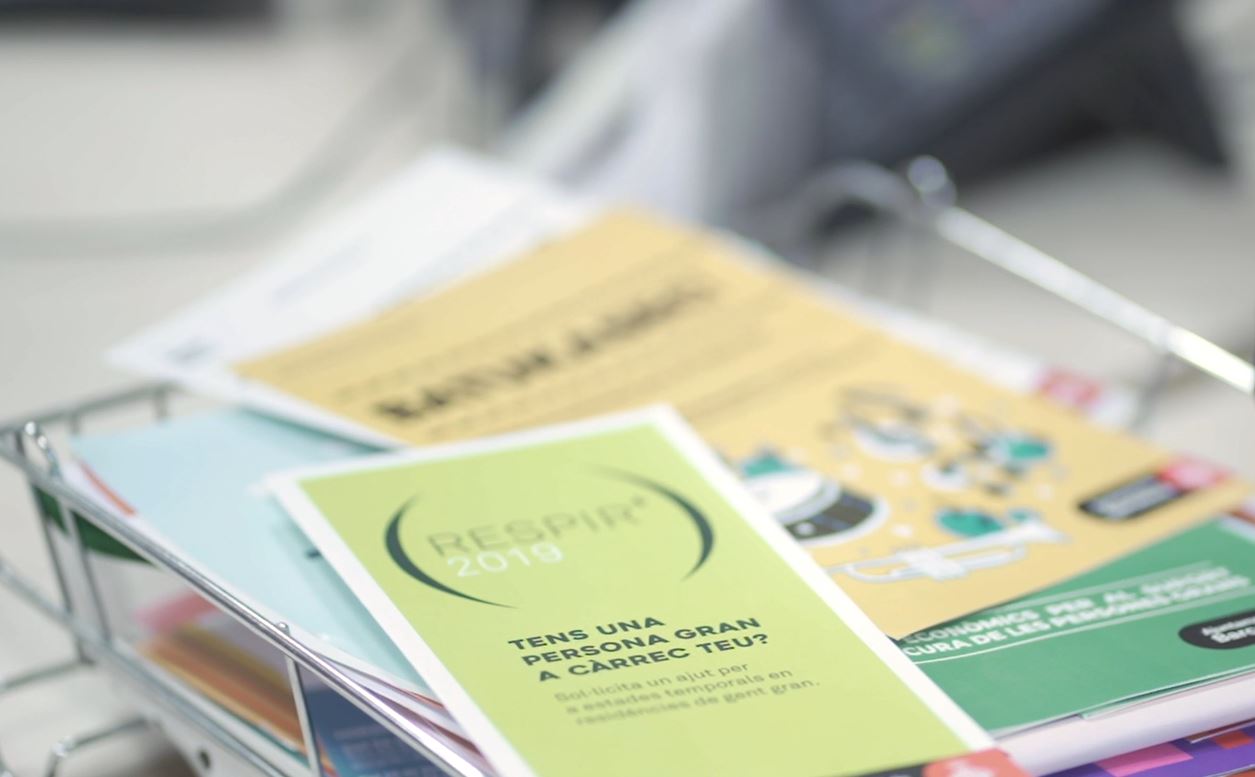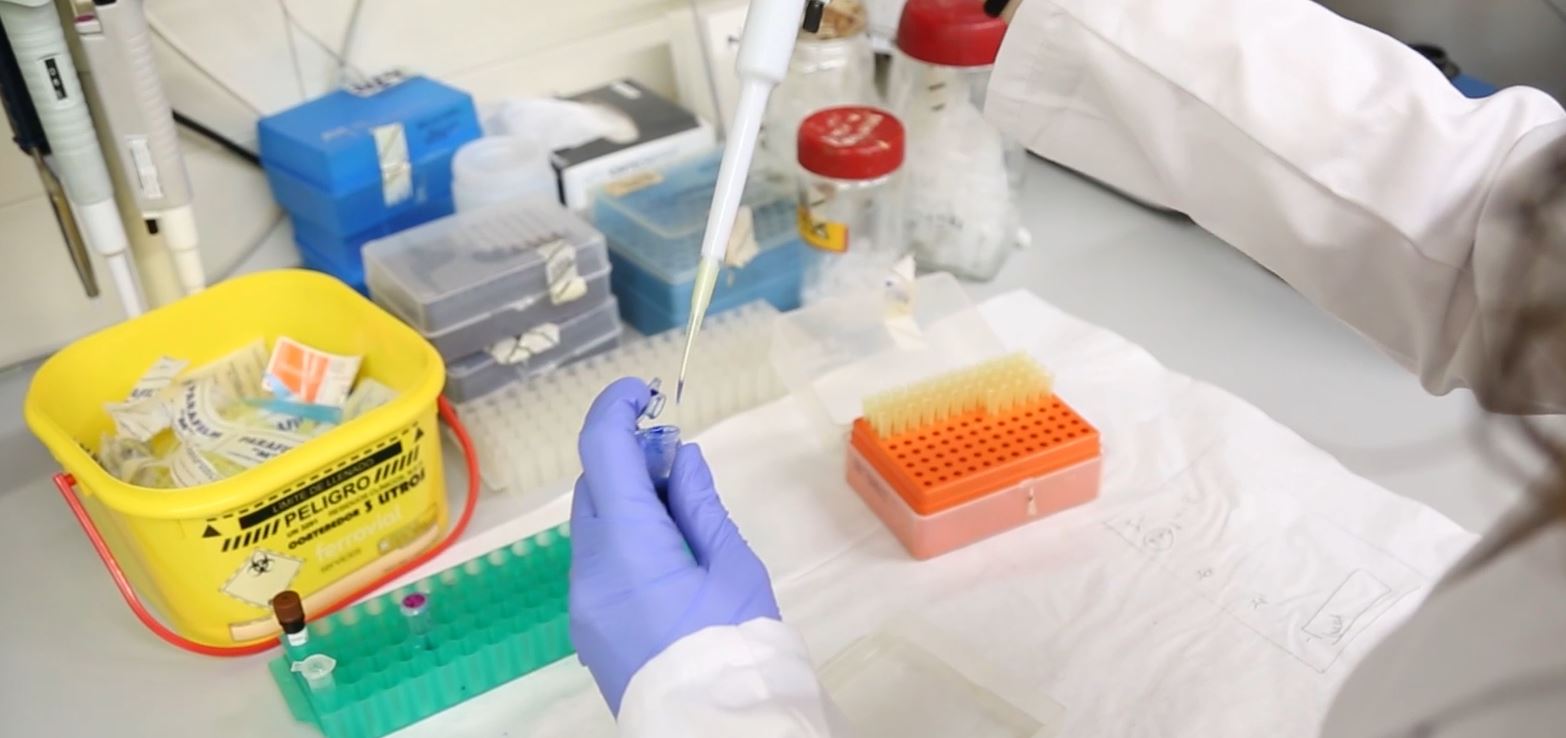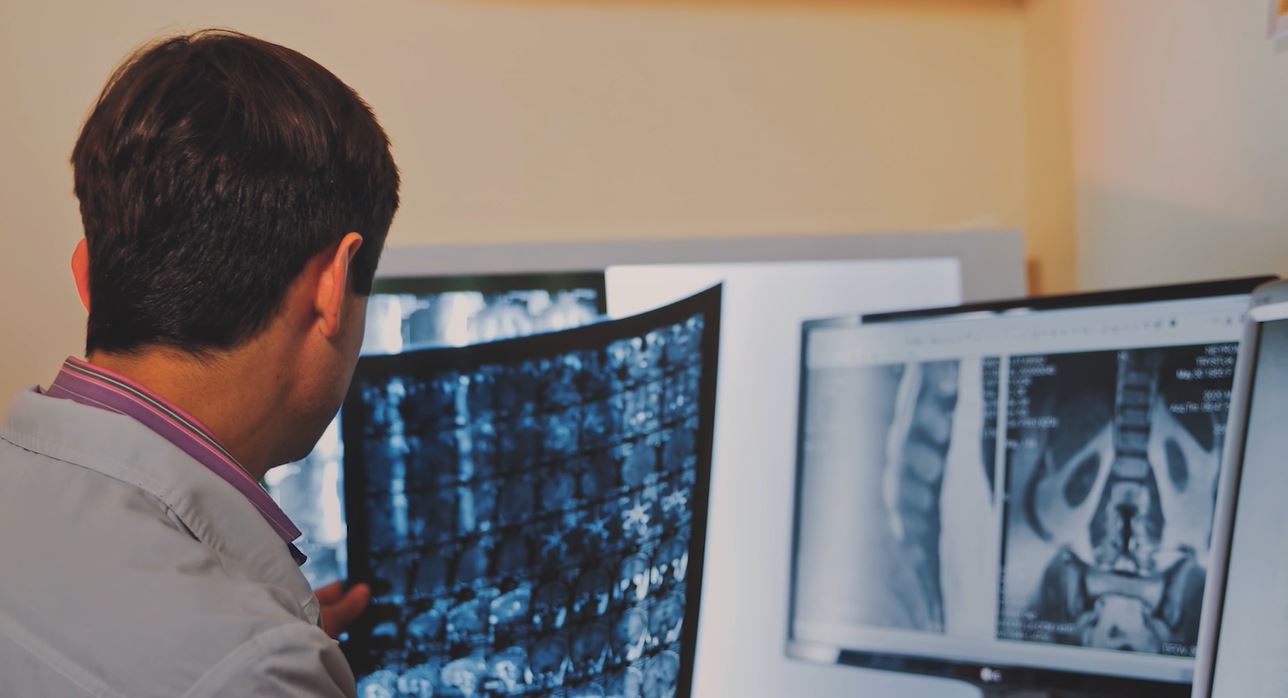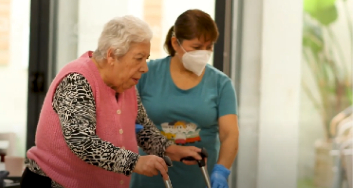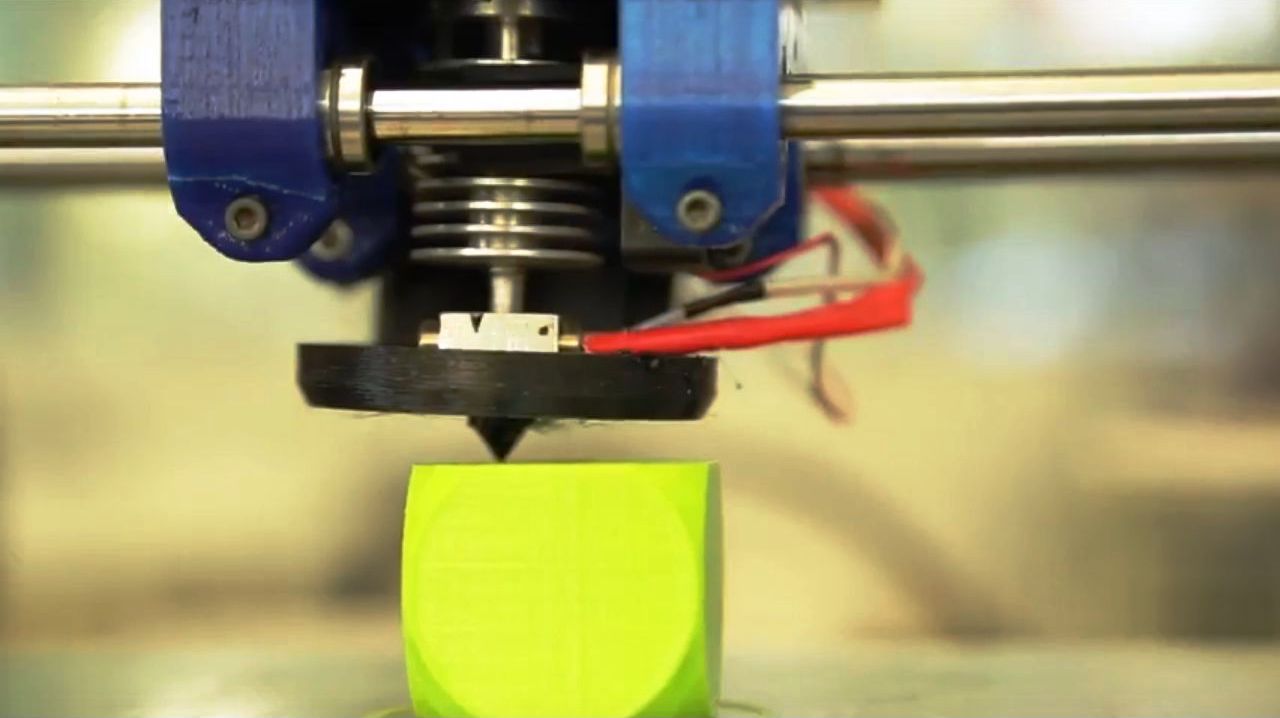
Sports doctor
Other denominations
Sports medicine doctor
Description
The sports doctor is a medical sciences specialist for physical education and sport. It is responsible for the prevention and treatment of sports injuries and physiological and mental improvement through physical activity, which he or she prescribes and controls.
Professional knowledge areas are related to the educational and sports activity during schooling period, sports activity and the working environment. In the sports field, in addition to preventing and treating injuries, it improves the athlete's performance by assessing their condition and abilities and carrying out a mentoring and medical supervision task. In the workplace, it improves the physical fitness of employees, both at work and at leisure time, and re-educates their psychomotor and physical skills. In the school environment, he works for sports health training and for physical abilities optimal maintenance.
Tasks
- Analyses the patient's state of health and his/her ability to practice sports or physical activity.
Conduct medical-sports examinations of persons who regularly do physical activity.
Measure aerobic capacity, strength and flexibility.
Analyse the development of muscle, the condition of joints and the reaction of the heart when it is subject to stress.
Evaluate and diagnose capacity, aspects that should be corrected or improved and aspects which should be avoided. - Work on medical aspects with athletes and with anyone who performs a physical activity.
Help the trainer or coach design the best exercise programme for each athlete, providing assessment, scientific control and monitoring of sports performance.
Conduct regular check-ups to evaluate progress after a period of training.
Design a new set of exercises, based on the results of the check-up. - Prevent injuries that can be caused by practicing sports.
Teach athletes to know their limits and to not force their bodies.
Emphasise warming up and stretching in the preventive work of athletes.
Strengthen muscles needed to endure each type of sport. - Diagnose and treat injuries and disorders related to the practice of sports.
Examine injured patients by performing a clinical exam, x-rays or an MRI.
Evaluate test results and make a diagnosis.
Propose a treatment which may include anything from an exercise programme and other physiotherapy resources, such as heat therapy, massage therapy, electrotherapy or hydrotherapy, to prescription medications or surgery. - Promote the overall physical and mental health of all persons through physical activity programmes suitable for each age and condition.
- Encourage the autonomy of disabled people and the elderly by recommending suitable, customised physical activity programmes.
- Prevent and treat certain disorders, such as diabetes, hypertension, heart problems and obesity, with suitable physical exercise programmes.
- Provide medical advice on healthy habits and their importance for physical and mental health (physical exercise, nutrition and lifestyle).
- Actively participate in the development and dissemination of new knowledge in the area of Physical Education and Sports Medicine.
Collaborate in promoting research in areas related to physical performance and fitness and health.
Conduct or direct research projects in relevant areas.
Participates in conferences and congresses.










 | Catalan | Beginner
| Catalan | Beginner | Catalan | Advanced
| Catalan | Advanced
 Open
Open | English | Beginner
| English | Beginner